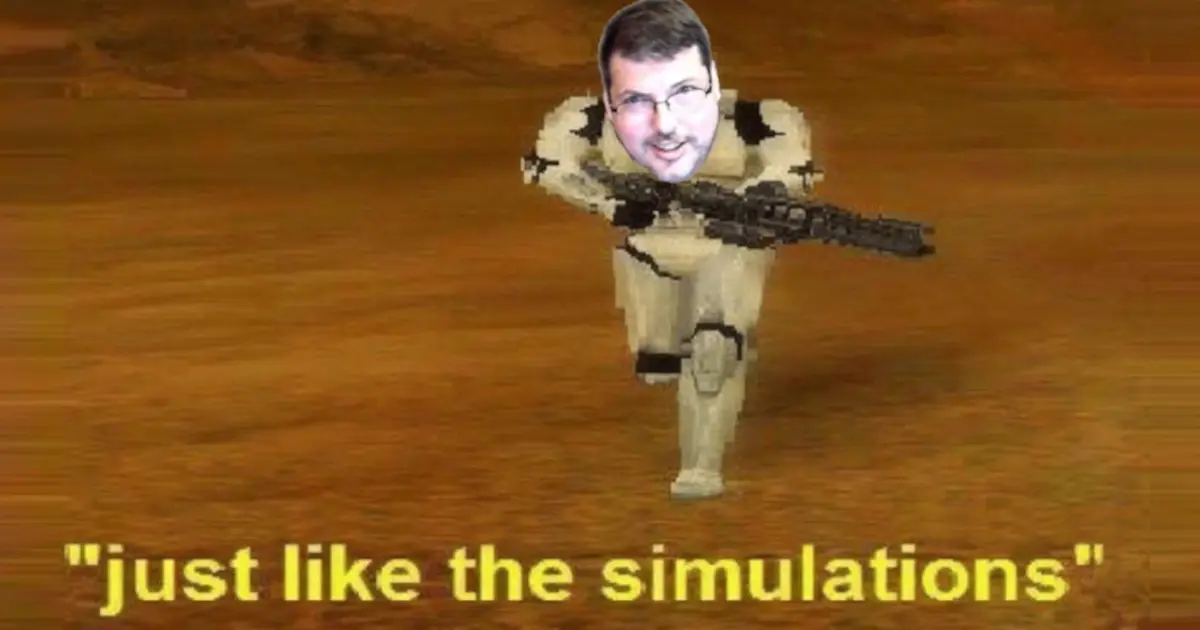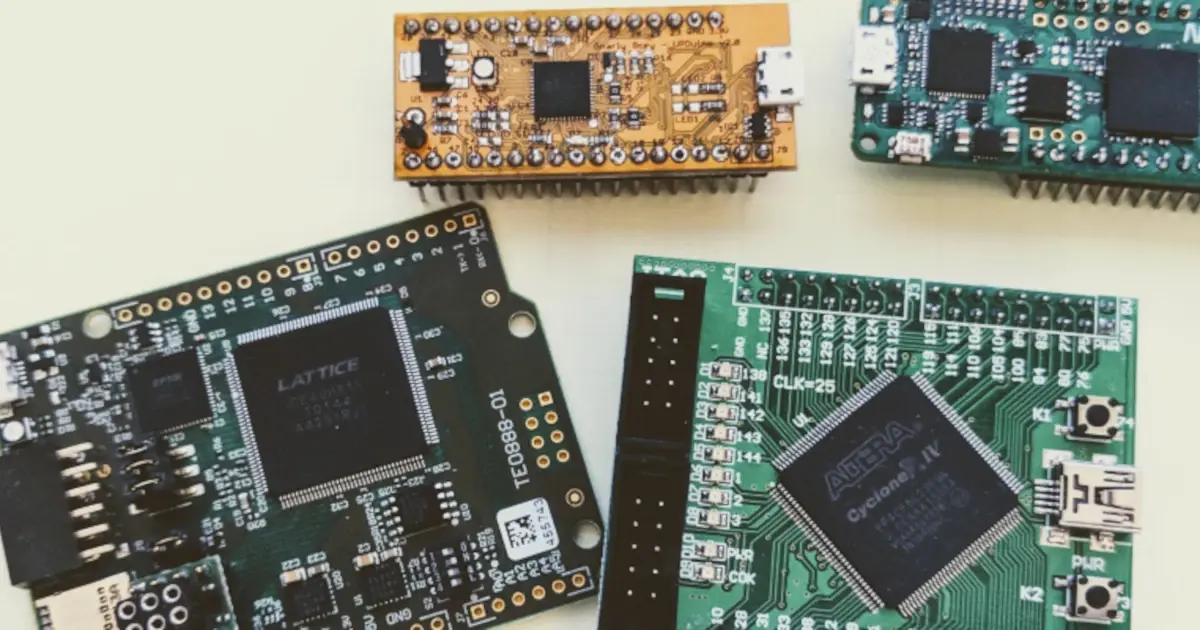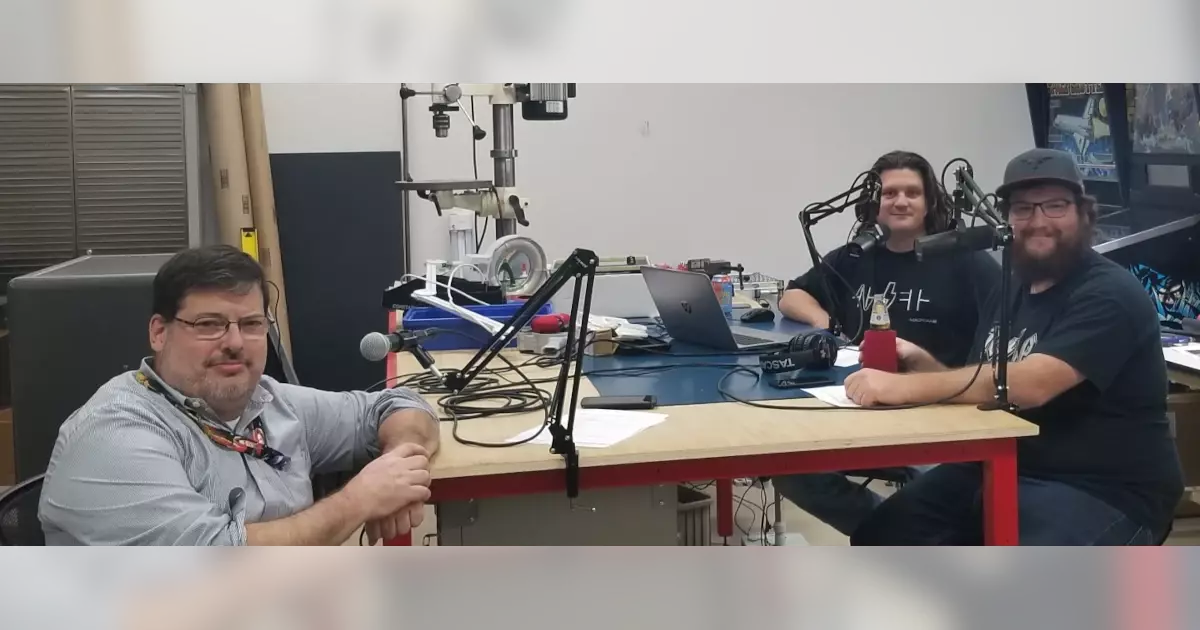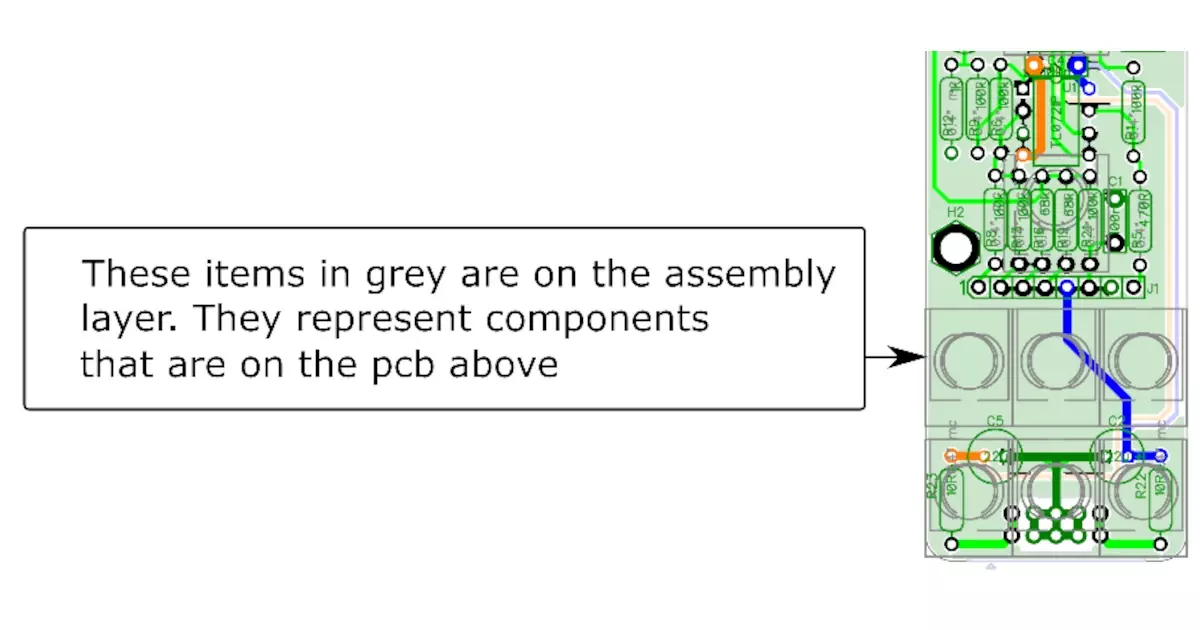Related Topics
Chickens and Tea leaves, Al’s Simulation Recipe
Al Williams returns to the podcast for the fourth time! This time to discuss the importance of circuit simulation and what it can teach engineers.
Al Williams and the One Instruction Wonder
Al Williams returns to the podcast to discuss FPGA documentation and meat balloons.
8 Bit Rupee Wallets
Stephen brings up alternative uses for assembly layers in PCB design and Parker uses OctoPrint!
Other Resources
Circuit Break Podcast
Webinars
Videos
Tour MacroFab's ITAR-Compliant Facility
March 3, 2017, Episode #57
- Al Williams is our guest this week.
- Embedded System Designer
- Blogger for Hackaday
- Author of many books
- Ham Radio Operator
- Hackaday’s writers come from very diverse backgrounds. Each writer has their own specialty that they write about.
- Al never lets the negative comments get to him. “If no one tells you you suck then you are probably not being read.”
- The writers for Hackaday are able to pick out what is relevant and what projects are good. Hackaday Seal of Approval.
- Al Williams received his Ham Radio License when he was 14
- Call sign – WD5GNR
- Al has always gone through more solder then log books
- The FPGA evangelist. Al Williams leverages the ability to parallel process on FPGAs.
- FPGA Computer Covers A to Z.
About the Hosts

Parker Dillmann
Parker is an Electrical Engineer with backgrounds in Embedded System Design and Digital Signal Processing. He got his start in 2005 by hacking Nintendo consoles into portable gaming units. The following year he designed and produced an Atari 2600 video mod to allow the Atari to display a crisp, RF fuzz free picture on newer TVs. Over a thousand Atari video mods where produced by Parker from 2006 to 2011 and the mod is still made by other enthusiasts in the Atari community.
In 2006, Parker enrolled at The University of Texas at Austin as a Petroleum Engineer. After realizing electronics was his passion he switched majors in 2007 to Electrical and Computer Engineering. Following his previous background in making the Atari 2600 video mod, Parker decided to take more board layout classes and circuit design classes. Other areas of study include robotics, microcontroller theory and design, FPGA development with VHDL and Verilog, and image and signal processing with DSPs. In 2010, Parker won a Ti sponsored Launchpad programming and design contest that was held by the IEEE CS chapter at the University. Parker graduated with a BS in Electrical and Computer Engineering in the Spring of 2012.
In the Summer of 2012, Parker was hired on as an Electrical Engineer at Dynamic Perception to design and prototype new electronic products. Here, Parker learned about full product development cycles and honed his board layout skills. Seeing the difficulties in managing operations and FCC/CE compliance testing, Parker thought there had to be a better way for small electronic companies to get their product out in customer's hands.
Parker also runs the blog, longhornengineer.com, where he posts his personal projects, technical guides, and appnotes about board layout design and components.

Stephen Kraig
Stephen Kraig is a component engineer working in the aerospace industry. He has applied his electrical engineering knowledge in a variety of contexts previously, including oil and gas, contract manufacturing, audio electronic repair, and synthesizer design. A graduate of Texas A&M, Stephen has lived his adult life in the Houston, TX, and Denver, CO, areas.
Stephen has never said no to a project. From building guitar amps (starting when he was 17) to designing and building his own CNC table to fine-tuning the mineral composition of the water he uses to brew beer, he thrives on testing, experimentation, and problem-solving. Tune into the podcast to learn more about the wacky stuff Stephen gets up to.
Special thanks to whixr over at Tymkrs for the intro and outro!
Related Podcasts

Development Board Guilt
Chris Gammell of Contextual Electronics and The Amp Hour join Parker and Stephen for a second time!

Chickens and Tea leaves, Al’s Simulation Recipe
Al Williams returns to the podcast for the fourth time! This time to discuss the importance of circuit simulation and what it can teach engineers.

Al Williams and the One Instruction Wonder
Al Williams returns to the podcast to discuss FPGA documentation and meat balloons.

Al Williams and the Field Programmable Gate Arrays
Al Williams returns to talk about FPGAs (Field Programmable Gate Arrays) and how to get started.

8 Bit Rupee Wallets
Stephen brings up alternative uses for assembly layers in PCB design and Parker uses OctoPrint!
About MacroFab
MacroFab offers comprehensive manufacturing solutions, from your smallest prototyping orders to your largest production needs. Our factory network locations are strategically located across North America, ensuring that we have the flexibility to provide capacity when and where you need it most.
Experience the future of EMS manufacturing with our state-of-the-art technology platform and cutting-edge digital supply chain solutions. At MacroFab, we ensure that your electronics are produced faster, more efficiently, and with fewer logistic problems than ever before.
Take advantage of AI-enabled sourcing opportunities and employ expert teams who are connected through a user-friendly technology platform. Discover how streamlined electronics manufacturing can benefit your business by contacting us today.
